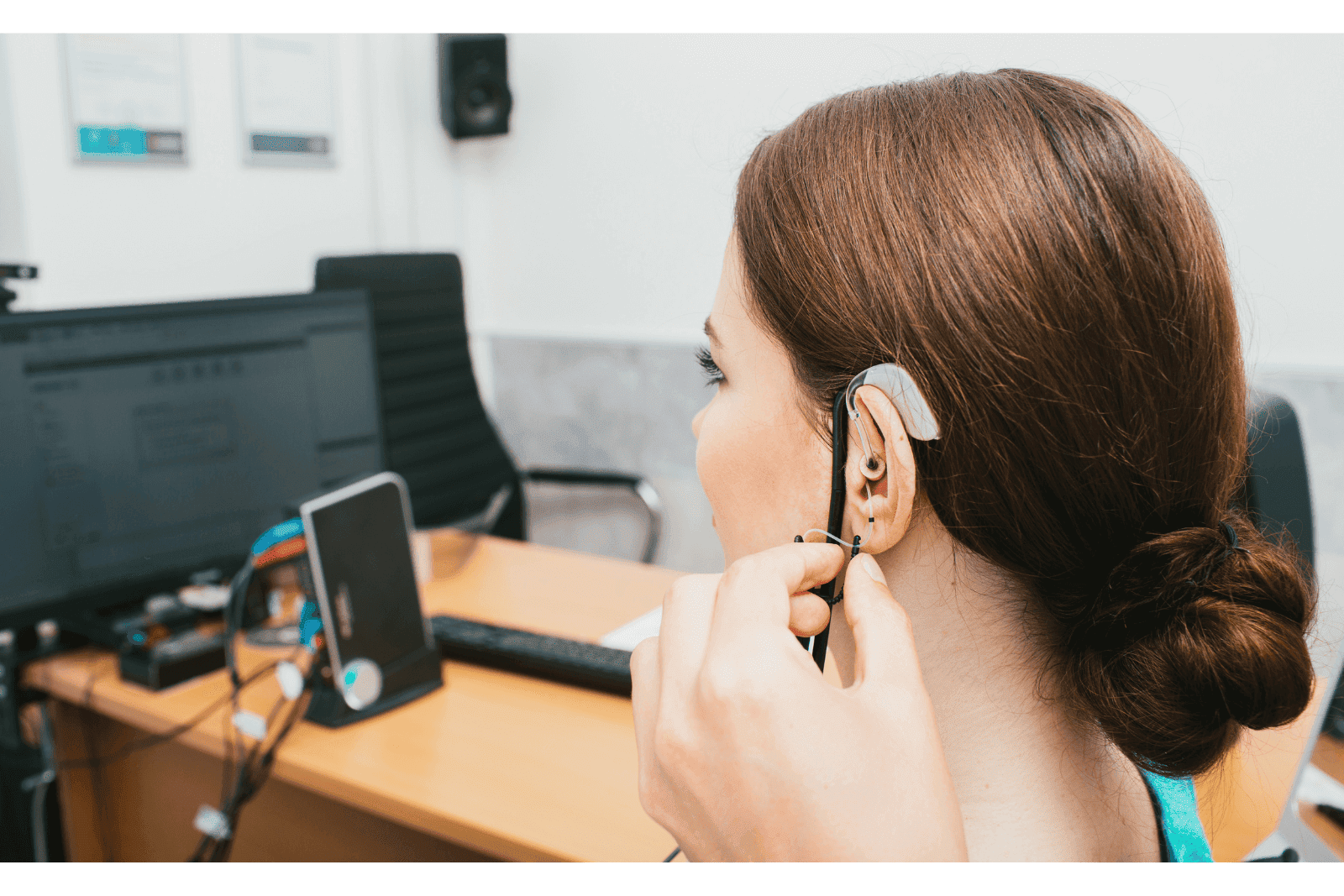
- Common Misconceptions That Delay Hearing Loss Diagnosis - June 6, 2025
- Signs Your Earwax Buildup Needs Professional Attention - May 29, 2025
- Preparing for a Hearing Test and What You Should Bring - May 16, 2025
Hearing loss is a common and often overlooked health issue affecting millions of people worldwide. As hearing professionals, our mission is to improve the quality of life for individuals facing hearing loss. In this article, we will explore the latest advancements in hearing loss prevention, diagnosis, and management, shedding light on the importance of early detection and offering insights into potential futuristic interventions.
The Growing Importance of Early Detection
Early detection of hearing loss is paramount. Many individuals tend to underestimate the significance of their hearing ability until it is significantly impaired. However, research has consistently shown that early intervention can lead to better outcomes in managing hearing loss. Routine hearing screenings, particularly for those at higher risk due to age or noise exposure, can help identify problems at their earliest stages.
Advancements in Diagnosis
- Precision Audiometry: Traditional audiometry has come a long way, with the integration of precision audiometric techniques. These advanced tools enable us to assess hearing loss with greater accuracy, allowing for more tailored treatment plans.
- Otoacoustic Emissions (OAE) Testing: OAE testing has gained popularity as a non-invasive diagnostic tool. It measures the inner ear’s response to sound, helping identify issues such as sensorineural hearing loss even before they become noticeable to the individual.
- Real-World Sound Simulations: Modern diagnostic technology can replicate real-world listening environments, providing a more comprehensive assessment of an individual’s hearing ability. This approach allows us to customize treatment strategies more effectively.
Advancements in Hearing Aids
Hearing aids have undergone significant evolution in recent years, with improvements in technology and design aimed at enhancing user experience and effectiveness:
- Digital Signal Processing: The advent of digital signal processing has revolutionized hearing aid technology. These devices can now differentiate between speech and background noise, providing clearer sound quality.
- Wireless Connectivity: Many modern hearing aids offer seamless connectivity to smartphones and other devices, enabling users to adjust settings, stream audio, and receive phone calls directly through their hearing aids.
- Rechargeable Batteries: Rechargeable hearing aids have become increasingly popular, eliminating the need for disposable batteries and offering convenience to users.
- Customization: Hearing aids can now be tailored to an individual’s specific hearing needs, ensuring optimal comfort and performance.
- Artificial Intelligence (AI): Some hearing aids incorporate AI technology to adapt to a user’s listening environment, providing a more natural listening experience.
Advancements in Assistive Listening Devices
In addition to hearing aids, there is a growing array of assistive listening devices designed to improve communication and accessibility:
- Cochlear Implants: While not a new technology, cochlear implants have seen ongoing refinements, allowing many individuals with severe to profound hearing loss to regain some level of hearing.
- Smartphone Apps: Numerous smartphone apps can amplify sound, transcribe speech, and even provide captioning services, making communication more accessible for individuals with hearing loss.
- Auditory Brainstem Implants (ABI): ABI is an emerging technology that can help individuals with specific types of hearing loss, such as neurofibromatosis type II.
Future Directions
As we look ahead, the future of hearing loss prevention, diagnosis, and management holds promise:
- Gene Therapy: Research into genetic therapies to treat hearing loss is ongoing, offering potential solutions for hereditary hearing disorders.
- Nanotechnology: Nanotechnology may enable the development of minuscule hearing devices with unprecedented capabilities.
- Brain-Computer Interfaces (BCIs): BCIs could offer direct interfaces with the auditory cortex, bypassing damaged or non-functional parts of the ear.
Final Thoughts
The field of audiology is rapidly advancing, offering hope and solutions to those facing hearing loss. However, early detection remains the linchpin of effective intervention. Regular hearing screenings and proactive consultation with hearing professionals are essential in ensuring that individuals receive the care and support they need.
As hearing professionals, our commitment to staying at the forefront of these advancements is crucial. By combining compassion with cutting-edge technology, we can continue to improve the lives of those with hearing loss, fostering a world where everyone can experience the beauty of sound.
We hope you enjoyed today’s article. If you have any questions about hearing aids and assistive listening devices or would simply like to schedule your next hearing checkup, please contact us.Our friendly team of hearing health professionals are ready to assist you with all your hearing related needs.
